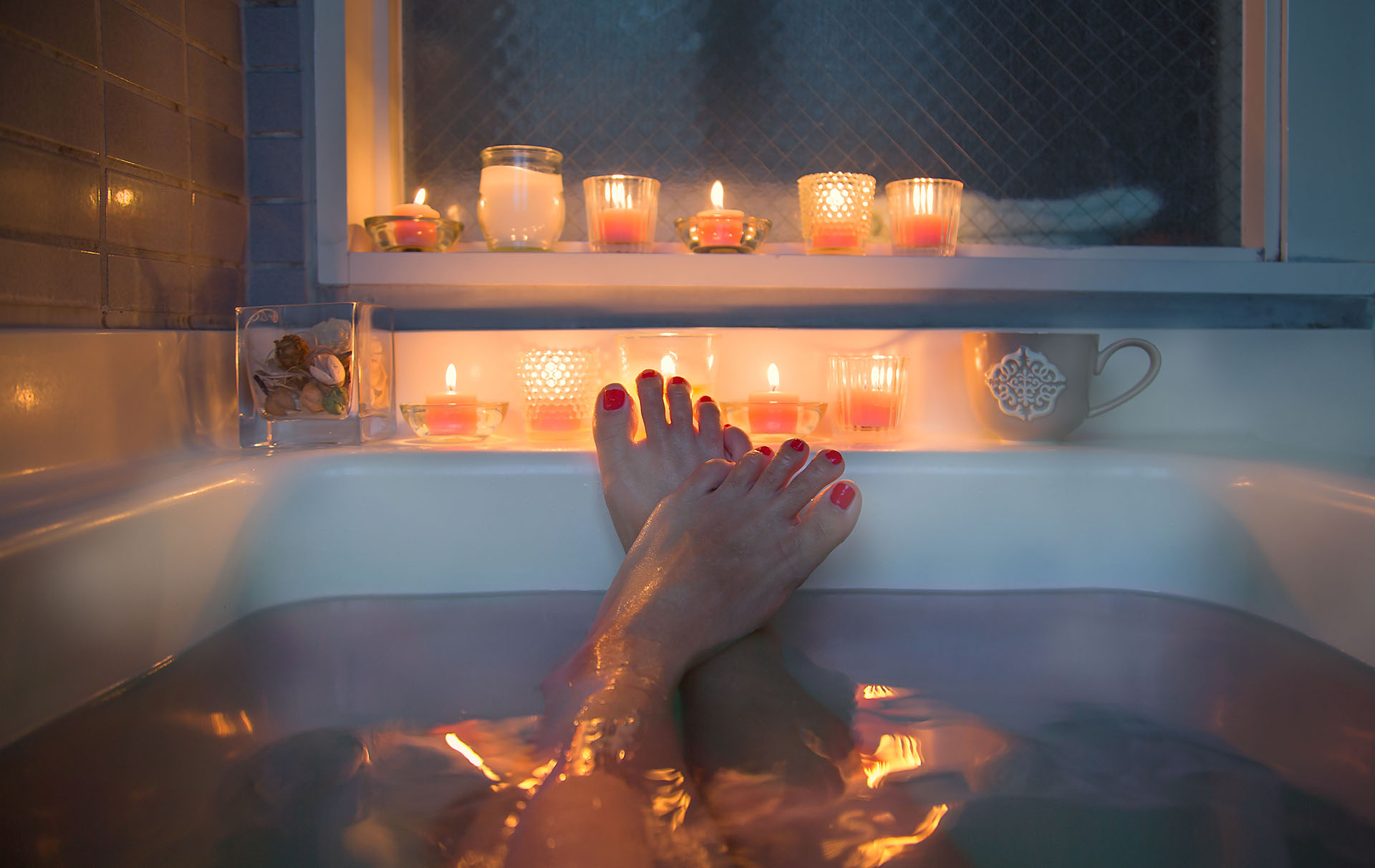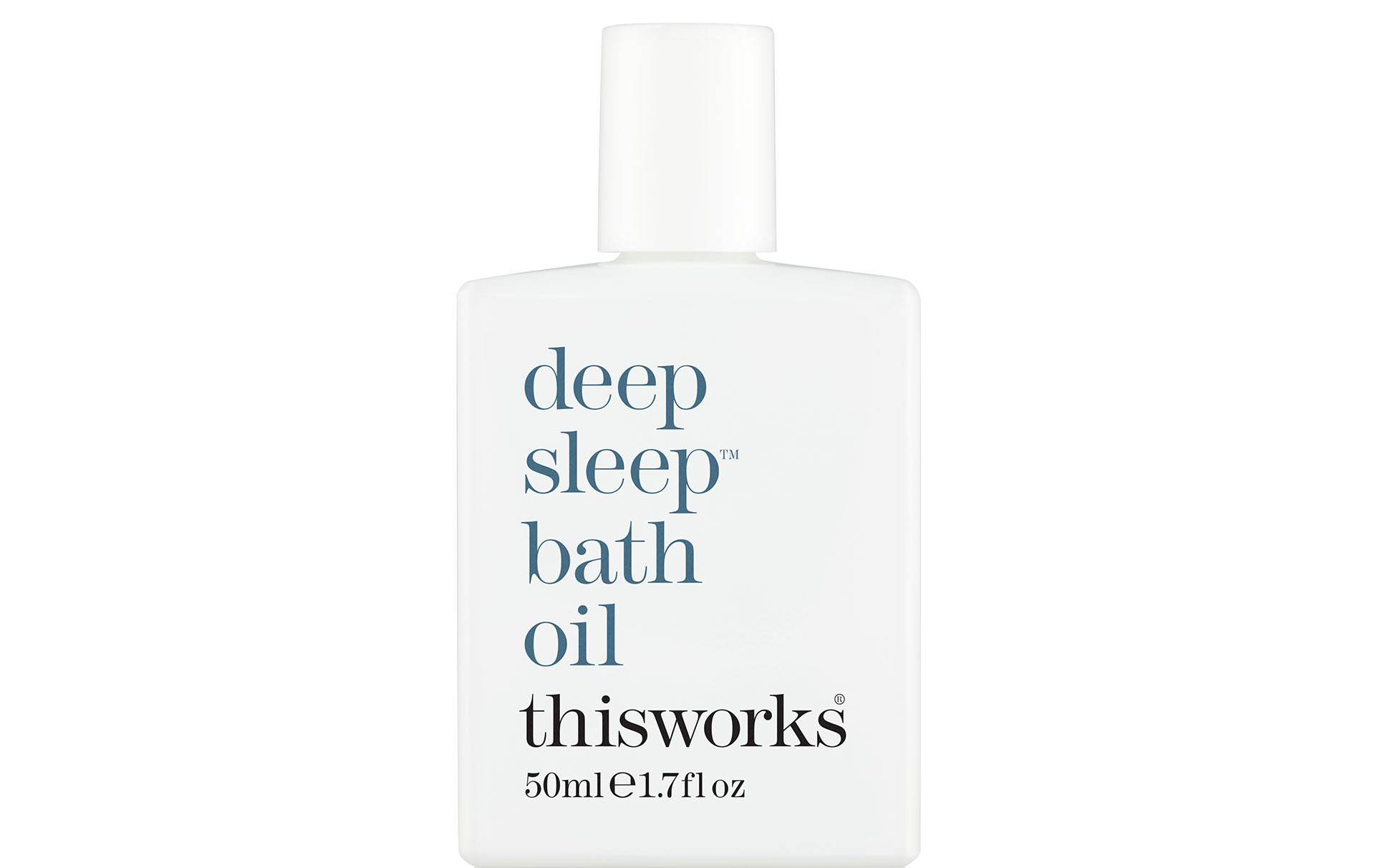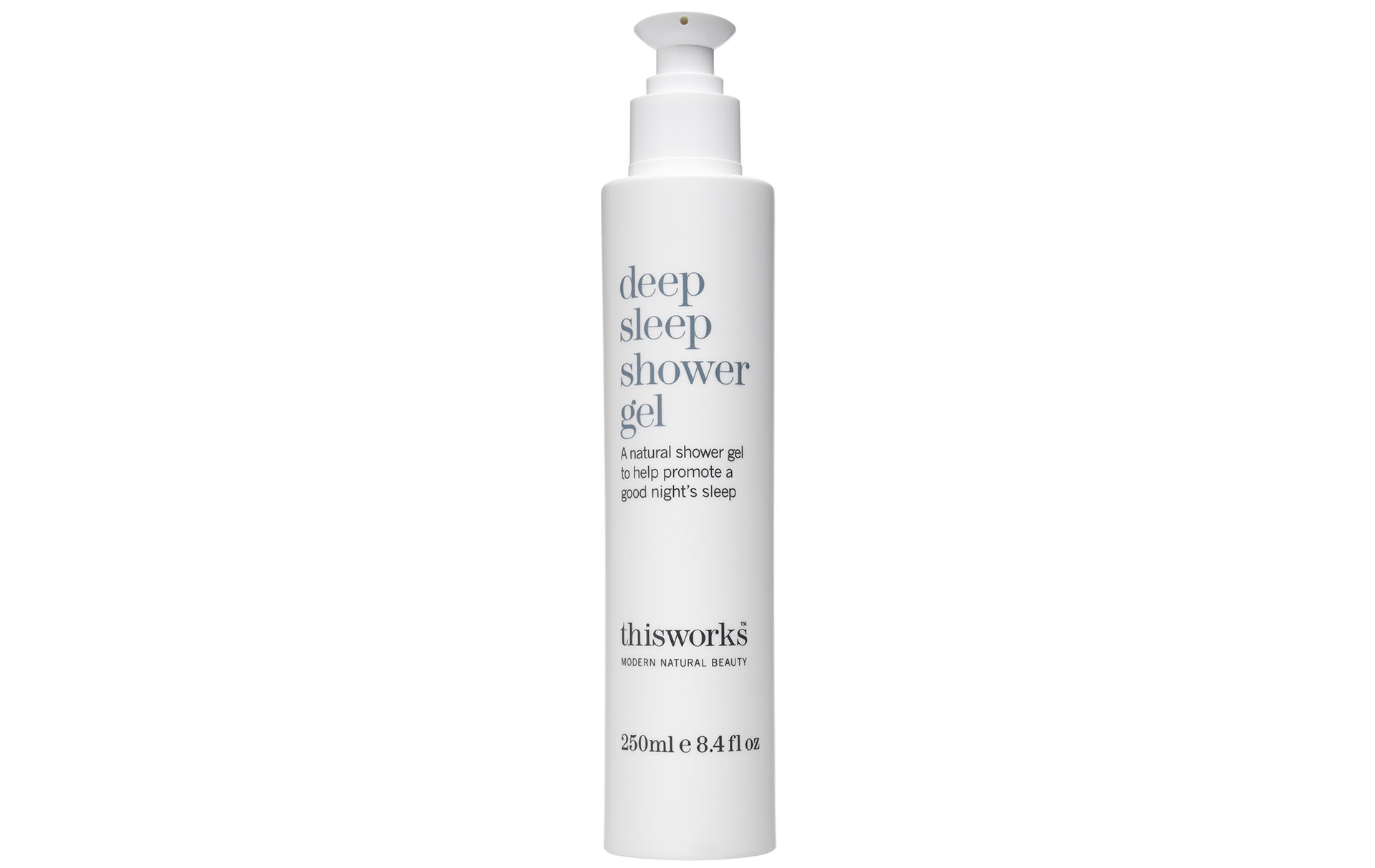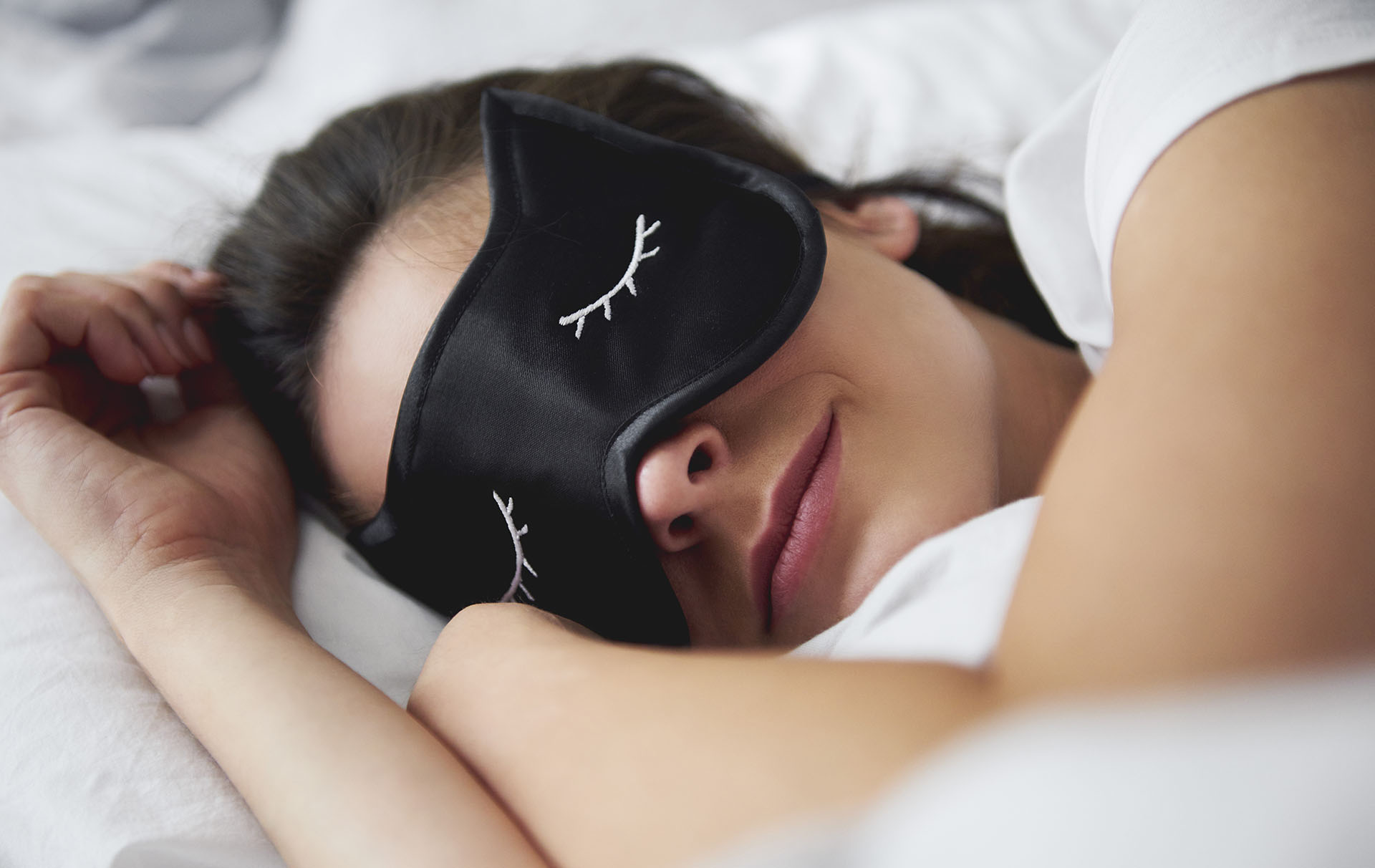Work worries causing sleep problems? Here's how to fix it.
Worrying about our jobs and our finances is keeping us awake, says a new study.


Parenting advice, hot topics, best buys and family finance tips delivered straight to your inbox.
You are now subscribed
Your newsletter sign-up was successful
There are many things that keep us up at night.
And work worries causing sleep problems has long been an issue for many people.
In the past, research by market research company Harris Interactive found that out of everyone who had problems falling asleep, the biggest issue was work worries causing sleep problems.
They even found that 50 per cent of people surveyed were using their laptops to finish work in bed.
And just last year a study by Columbia University's Mailman School of Public Health found that those who travel for business are more likely to report trouble sleeping.

But while this lack of deep sleep means that we're stuck with the yawns for the whole next day at work, that's not the only bad consequence of work worries causing sleep problems, as it can also badly affect your body in other ways that you might not think about.
Not getting enough shut-eye can mean you're at higher risk of getting heart disease, high blood pressure, depression, diabetes and mental health problems.
Parenting advice, hot topics, best buys and family finance tips delivered straight to your inbox.
It also means your body has less time to repair itself and you might feel grumpy or emotional. Studies have shown that a lack of sleep has a worse impact on women than on men (but if that means an excuse for a lie-in we're fine with that!)
So if you have work worries causing sleep problems, here's how to leave them behind and get a better night's sleep.
Work worries causing sleep problems? Nine ways to fix it...
1. Write a list

Got too many tasks and meetings whirring around in your head that you need to remember for the next day? Jot them down.
If you have work worries causing sleep problems this is the best way to get them off your chest.
A recent study suggested that writing a to-do list before you go to bed can help you fall asleep 'significantly faster' than going to bed with that list just in your head.
And the more detailed your written list, the faster you'll be able to nod off.
Better get scribbling!
2. Rid your room from distractions
'The environment in which you sleep can play a huge part in the quality of your slumber,' says Neil Robinson, Chief Sleep Officer at UK bed brand, Sealy.
'While a comfy and supportive mattress is crucial to helping you rest, so too are your surroundings,' he continues.
'In fact, studies have shown that those who have a messy and cluttered bedroom have a worse night’s sleep due to increased stress levels - compared to those that keep their room nice and tidy.'
Hmm, not always the easiest task when the other half is involved...
3. Keep your room cool
According to experts cooler rather than warmer temperatures will help you drift off quicker.
So when you have work worries causing sleep problems, this will help your body to feel more ready for sleep.
Sports sleep expert Nick Littlehales says that the optimum temperature for sleep is between 16 and 18 degress celcius, so keep an eye on that thermostat.
4. Wash the day away

Grabbing a hot bath or shower before bed can be the best way to unwind from your day and ready your body for sleep.
Top up the sleepy effects by using an oil or shower gel that is designed to relax your body.

We like This Works Deep Sleep Bath Oil and Shower Gel as they both use a herbal remedy of lavender, camomile and vetiver to help relieve stress and tension.

Plus the gorgeous spa-like smell sticks to your skin when you get into bed for a calming send off into sleep.
5. Avoid gadgets
According to a survey by Sealy UK, a massive 70% of us are using some form of technology each night whilst we're in bed.
And to add to that almost one-in-three of us being disturbed at night by our partner using a mobile device at night.
Not only can the use of technology keep your mind more active, the notifications can be noisy and disrupt your sleep pattern.
'By allowing yourself a tech-free zone for 30 minutes before bed, you’ll prevent technology having a negative impact on your sleep and ensure a better night’s rest,' says Neil.
As well as the disruptive notifications throughout the night from texts and emails, the blue light emitted by screens on our phones, tablets and TVs impacts our levels of melatonin, the sleep-inducing hormone.
6. Try using an eye mask

If you can't avoid gadgets in your room, or are attempting to keep your room cool with a fan that ends up emitting some sort of blue light, try sleeping with an eye mask.
By blocking out the any form of light, you're allowing your eyes to rest and your mind to retreat into its own personal, private and peaceful space.
Try out a silk one for an extra touch of comfort and luxury.
7. Try relaxation exercises
Relaxation exercises can be life-saving when it comes to winding down your body from your busy and stressful and allowing it to drift off into a peaceful sleep.
Harley Street hypnotherapist Fiona Lamb has suggested the following relaxation techniques to see if they help you nod off:
Tension body scan
This relaxation technique involves doing a full body scan by squeezing and relaxing each muscle. Start at your toes and move up your body, being aware of each part of your body in turn
Focus on your breathing
If you breathe quickly when you get into bed it will be much harder to relax and be calm – and so fall asleep. By slowing down your inhaling and exhaling you regulate your nervous system. Focus on slow, soft breaths
Roll your eyes backwards
You can simulate the same eye movement you experience in sleep by rolling your eyes upwards and back. If you do this three times you will automatically feel yourself going into a deeper relaxation
Hum to yourself
Studies have shown that the vibrations of humming can relax you. It can also act as a distraction from anything unwanted that pops into your mind. Be sure to choose a song that isn't too fast or reminds you of anything emotional
Visualise
Use the power of your mind to focus on calming and restful images. Imagine going back to a time you felt deeply relaxed and content. This works best when you use at least three senses so think about what you saw, felt and tasted.
8. Listen to a sleep story
As a child, most of us were used to drifting off to an imaginative tale that left us dreaming of wild and wonderful adventures.
But as we all grew up the bedtime stories fizzled out to be replaced by street noise, phone notifications and maybe a bit of Spotify in the background.
Well, as beneficial as bedtime stories might be for a child, they are also helpful even when you're all grown up.
Particularly if you have work worries causing sleep problems, a bedtime story can help you forget about anything that's on your mind by taking you into a peaceful fantasy world that's been specially designed just to help you sleep.
Of course, no one expects the other to whip out their childhood favourites and start telling a story, but there are a range of phone apps on the market at the moment that will read you a tale until you drift off.
We love Calm for its wide range of tales, all divided by genre and reader.
Though one of our favourite feature definitely has to be the meditation tab that leads through different types of guided meditation to help you through the day - whether it's to help you wake up, get through a stressful time, appreciate a moment of mindfulness, or of course, help you get to sleep.
9. If all else fails...Speak to your GP
‘Reading, meditation and exercise such as yoga can have a relaxing affect, helping prepare your body for sleep,' says Rebecca Small, assistant medical director at Bupa.
'You may be able to improve your symptoms by using relaxation techniques and exercise,' she added.
'Contacting other people who have anxiety disorders through charities and patient groups can be a good source of support and advice. Your GP may be able to advise you about self-help groups in your area.'

Aleesha Badkar is a lifestyle writer who specialises in health, beauty - and the royals. After completing her MA in Magazine Journalism at the City, the University of London in 2017, she interned at Women’s Health, Stylist, and Harper’s Bazaar, creating features and news pieces on health, beauty, and fitness, wellbeing, and food. She loves to practice what she preaches in her everyday life with copious amounts of herbal tea, Pilates, and hyaluronic acid.